Careers in Forestry and Arboriculture
- August 6, 2024
- 0 comment
Forests are vital ecosystems, and careers in forestry and arboriculture play a crucial role in their sustainability and biodiversity. Forestry manages large forest areas, while arboriculture cares for individual urban trees, blending ancient wisdom with modern science. Choosing these careers means joining a legacy of environmental stewardship and scientific discovery.
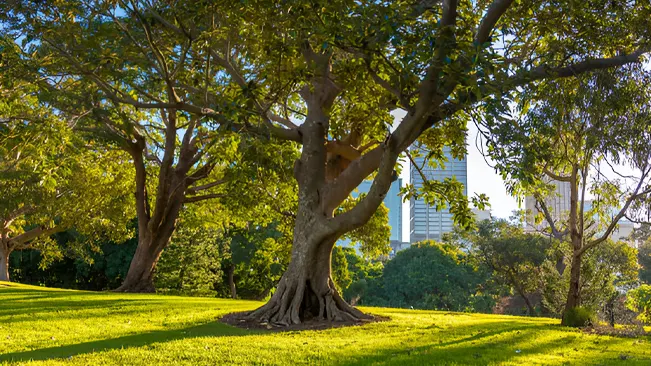
These professions not only ensure the health and sustainability of our forests but also play a crucial role in combating climate change and supporting biodiversity.
By choosing a career in forestry or arboriculture, you become part of a legacy of environmental stewardship and scientific discovery.
Understanding Forestry and Arboriculture
Forestry and arboriculture might seem like two sides of the same coin, but each has its distinct charm and responsibilities.
Forestry encompasses the management and conservation of large forests, akin to overseeing a vast, bustling city where every tree plays a role in the overall health of the ecosystem.
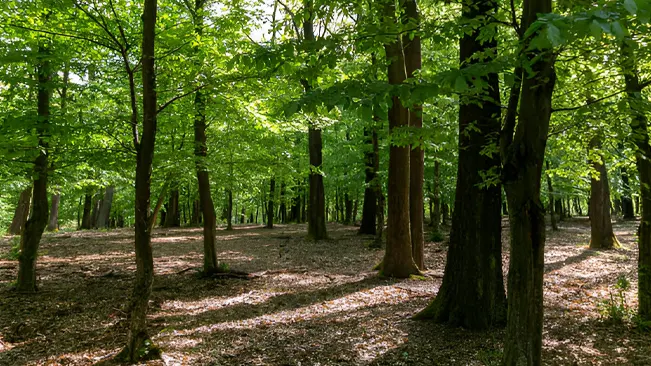
Arboriculture, on the other hand, focuses on the care of individual trees in urban settings, much like a dedicated urban planner ensuring the well-being of each citizen in a community.
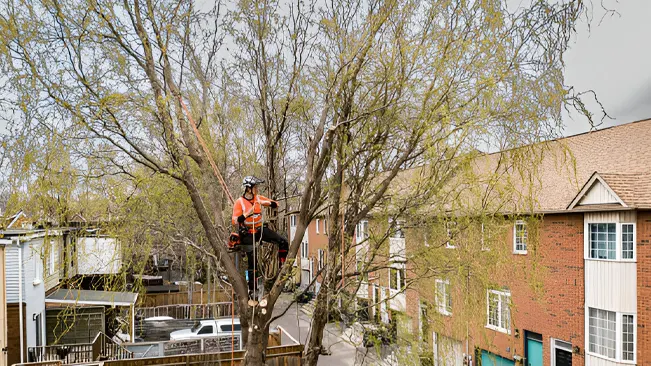
The history of these professions is a fascinating journey from ancient forest guardians to today’s scientifically informed foresters and arborists. Our ancestors revered forests as sacred spaces, and modern professionals continue this tradition with a blend of ancient wisdom and cutting-edge science.
Current trends indicate a growing recognition of the importance of sustainable forest management and urban greening, paving the way for a promising future in these fields.
Core Careers in Forestry
1. Forestry Technician
Forestry technicians are the heartbeat of the forest, conducting vital fieldwork to monitor tree growth and assess forest conditions. They play a crucial role in implementing management plans to support forest health and resilience.
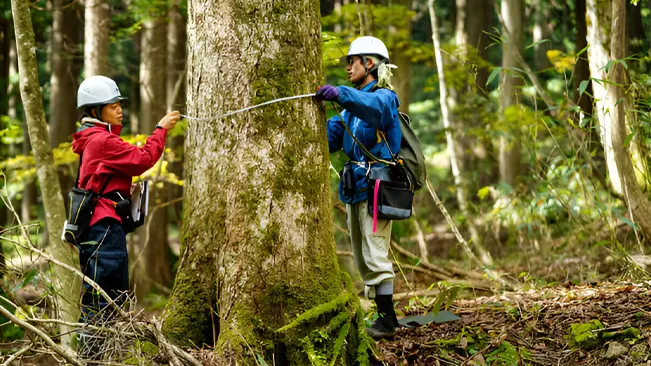
This role offers a unique blend of outdoor work and environmental stewardship with promising career growth.
2. Forest Ranger
Forest rangers are the guardians of the wilderness, balancing conservation efforts with public access. They educate the public, enforce regulations, and respond to emergencies, ensuring our wild spaces remain pristine.
A bachelor’s degree in forestry or environmental science, combined with on-the-job training, is usually needed. This fulfilling career in forestry offers outdoor activity, community engagement, and conservation work.
3. Forest Ecologist
Forest ecologists are the storytellers of the forest, revealing the intricate balance of life within ecosystems. They study factors like climate and human impact to develop strategies for protecting and restoring forests.

A master’s or doctoral degree in ecology, biology, or forestry is typically required. Their work is crucial for our understanding and preservation of forest ecosystems.
4. Silviculturist
Silviculturists are the tree whisperers, managing the growth and health of forest stands with scientific precision. They ensure sustainable practices that benefit both the environment and the economy through activities like planting and thinning.
A bachelor’s degree in forestry or a related field, along with specialized training, is needed. This career in forestry offers significant impact on forest health and productivity with rewarding growth opportunities.
Specialized Careers in Arboriculture
1. Arborist
Arborists are the urban forest keepers, caring for individual trees to ensure their health and safety in our towns and cities. They perform tasks such as pruning, diagnosing diseases, and treating pests, maintaining the green spaces that enhance urban life.
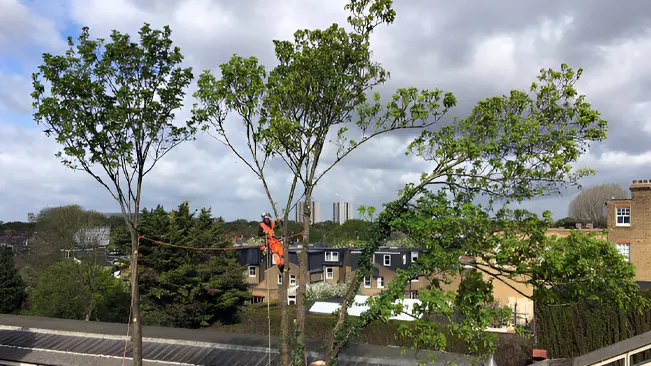
Training involves obtaining certifications and gaining hands-on experience through apprenticeships. The demand for skilled arborists is growing, offering a stable and fulfilling career path.
2. Urban Forester
Urban foresters are city green architects, designing and managing urban forests to enrich urban life and foster biodiversity. They plan and oversee the planting and care of trees in parks, streets, and public spaces.
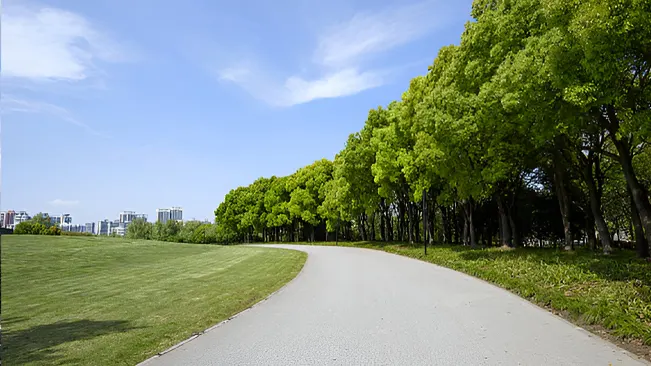
Becoming an urban forester requires a bachelor’s degree in forestry or urban planning and experience in urban forestry projects. This career in forestry path allows professionals to positively influence urban environments and engage with community planning efforts.
3. Tree Surgeon
Tree surgeons are the health specialists of the tree world, performing essential maintenance and emergency care. They handle tasks such as tree removal, bracing, and surgery to treat diseases and damage.
Qualifications include certifications and extensive safety training, with physical fitness and tree biology knowledge being essential. This hands-on career in forestry offers a blend of challenge and satisfaction, with a strong demand for skilled practitioners.
4. Arboricultural Consultant
Arboricultural consultants are strategic advisors providing expert advice on tree management for urban planners, developers, and private clients. They conduct assessments, prepare reports, and offer recommendations based on scientific knowledge and industry standards.
Becoming a consultant involves advanced certifications and considerable experience in arboriculture. This career in forestry offers opportunities for entrepreneurship and self-employment, allowing professionals to leverage their expertise in a consultative role.
Emerging and Niche Roles in Forestry and Arboriculture
1. Forest Firefighter
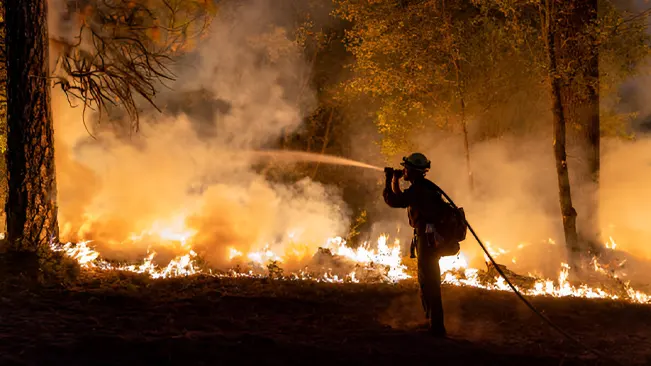
Forest firefighters are the wildfire warriors, bravely combating nature’s most formidable forces. They perform critical roles in wildfire management and prevention, often working in challenging and dangerous conditions.
Their work is essential for protecting forests and communities from the devastating effects of wildfires. Training includes rigorous physical preparation and specialized courses, with career growth opportunities in various agencies.
2. Forest Policy Analyst
Forest policy analysts shape forestry policy, ensuring sustainable practices through research and advocacy. They analyze data, develop policies, and engage with stakeholders to promote sustainable forest management.
This role typically requires a strong academic background in environmental science or public policy. Their work influences government and organizational decisions, making a significant impact on forestry practices.
3. Conservation Scientist
Conservation scientists are the guardians of biodiversity, focused on protecting ecosystems and ensuring species survival. They conduct research, develop conservation plans, and work with communities to implement sustainable practices.
A master’s or doctoral degree in conservation biology or ecology is usually required. This career in forestry offers opportunities in academia, government agencies, and non-profits, dedicated to preserving the natural world.
4. Agroforestry
Agroforestry are sustainable innovator, integrating forestry and agriculture to promote sustainable land use. They develop systems that combine tree cultivation with crop and livestock farming, enhancing biodiversity and productivity.

Training in both agriculture and forestry is essential, often through specialized programs. This innovative career positively impacts food security and environmental sustainability.
How to Choose the Right Career Path
Choosing the right career in forestry and arboriculture requires self-discovery and careful planning. Reflect on your passion for nature and your strengths to find the role that suits you best. Educational pathways vary, from degrees to certifications, each offering unique opportunities.
Gaining experience through internships, volunteering, and entry-level positions is crucial for practical knowledge. Networking with professionals through associations, conferences, and online communities can provide valuable insights and opportunities.
Engage with mentors and peers to explore different careers in forestry and make informed decisions about your future.
Conclusion
Each career path in forestry and arboriculture is a thread in the rich tapestry of our relationship with nature. Whether managing vast forests or caring for individual trees, these roles offer a profound connection to the natural world and a chance to make a lasting impact. By choosing such a career in forestry, you become part of a legacy of environmental stewardship and scientific discovery.
As you explore these diverse options, remember that every tree you care for and every forest you protect contributes to the health and beauty of our planet. Together, we can ensure that these natural wonders continue to thrive for future generations.
Related Post:
Frequently Asked Questions (FAQs)
- What is the difference between forestry and arboriculture?
Forestry involves the large-scale management and conservation of forests, including activities like planting, thinning, and wildlife habitat management. Careers in forestry focus on these broad-scale environmental efforts. Arboriculture focuses on the care and maintenance of individual trees in urban settings, addressing tasks such as pruning, diagnosing tree diseases, and treating pests. - What qualifications do I need to start a career in forestry?
Typically, a bachelor’s degree in forestry or a related field is required. Practical experience through internships or entry-level positions is also beneficial for careers in forestry. - What does a forestry technician do?
Forestry technicians conduct fieldwork to monitor tree growth, assess forest conditions, and assist in implementing forest management plans. These roles are fundamental to careers in forestry. - How do I become an arborist?
To become an arborist, you usually need certifications from recognized bodies like the International Society of Arboriculture (ISA) and hands-on experience through apprenticeships. This is a specialized path compared to careers in forestry. - What are the career prospects for a forest ranger?
Forest rangers have stable careers in forestry with opportunities for advancement in conservation, education, and enforcement roles within various agencies. - Can I work in forestry with a degree in environmental science?
Yes, a degree in environmental science is often applicable in careers in forestry, particularly in roles related to conservation and ecosystem management. - What skills are essential for a career in arboriculture?
Essential skills include knowledge of tree biology, pruning techniques, pest management, and safety practices. These skills are crucial for both arboriculture and careers in forestry. - What is a silviculturist and what do they do?
Silviculturists manage the growth, composition, and health of forest stands, focusing on sustainable tree cultivation and forest regeneration practices. This is a vital role within careers in forestry. - Are there opportunities for self-employment in forestry and arboriculture?
Yes, many professionals in arboriculture work as self-employed consultants, providing expert advice on tree care and urban forestry projects. This is also true for many careers in forestry. - What is the role of a conservation scientist in careers in forestry?
Conservation scientists focus on protecting ecosystems and biodiversity, conducting research, developing conservation plans, and working with communities to implement sustainable practices. These roles are integral to careers in forestry.

Jordan Blake
Forestry AuthorJordan Blake is a forestry expert with over 15 years of experience in arboriculture and community education. Passionate about sustainable forest management, Jordan regularly writes for Forestry.com and Tree Care Magazine. Holding certifications in tree health assessments and urban forestry management, Jordan conducts workshops to educate the public on sustainable practices. Jordan has a degree in Environmental Science and enjoys hiking and photography in their free time.


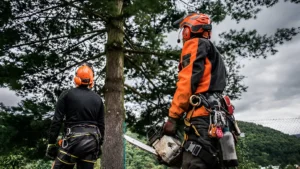

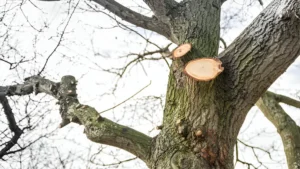


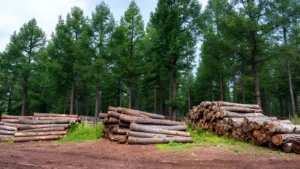

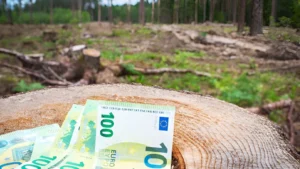
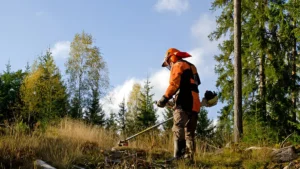
Leave your comment